A Co Tyrone poultry farmer was given a nine-month jail sentence after he was convicted of the illegal importation of prescription veterinary medicines and had previously been forced to cull 160,000 birds on his farm in 2019.
Paul Hobson (60), who operated a poultry rearing business at Mullybrannon Road, Dungannon, was sentenced to nine months imprisonment, suspended for three years.
He pleaded guilty to various charges before Dungannon Crown Court on Thursday 27 January 2022, including the unlawful importation, attempted importation and obstruction of Department of Health enforcement officers.
The court heard that the Department of Health's medicines regulatory group (MRG) enforcement officers visited the farm in October 2019 in a joint search operation with Police Service Northern Ireland, Department of Agriculture, Environment and Rural Affairs (DAERA) and the Veterinary Medicines Directorate (VMD).
The search followed the earlier interception by Border Force officers of a large quantity of the unlicensed veterinary antibiotic Amoxicillin, en route from China and destined for the farm.
Further evidence of the illegal importation of veterinary medicines was also recovered during the search.
Cull
Following the search, a cull of all poultry on the premises, amounting to over 160,000 chickens, was necessary to ensure safety of the food chain and public safety.
Senior medicines enforcement officer with the Department of Health Peter Moore, who directed the investigation, said: “This conviction sends a clear message that there are serious consequences if a person attempts to bypass the regulated system and controls which are in place to ensure public safety and integrity of the food chain.
"Members of the public could have been endangered as a result of this unlawful activity.
“The public, however, can have confidence that the MRG and its statutory partner agencies, locally and nationally, will take decisive action to prevent and detect those operating in this manner.”
Largest quantity
Head of the Department’s MRG Canice Ward added: “This was among the largest quantity of unlicensed prescription veterinary antibiotics to be seized in Northern Ireland.
"The offender in this case acted in a reckless manner by importing products without being able to confirm their actual content, whether they were effective, if they would cause harm to animals or humans, or had been manufactured, stored or transported under correct conditions.
"He also ran the risk of potentially harmful drug residues appearing in foodstuffs derived from food-producing animals and causing significant risk to human health.”
Antimicrobial resistance (AMR) is one of the most serious threats to health, according to the Department of Health in Northern Ireland.
The Department encourages the responsible use of antimicrobials, particularly antibiotics, in human and veterinary medicine, in food-producing animals and in pets. The spread of antimicrobial resistance in the environment is also of increasing concern.
The emergence and spread of drug-resistant bugs is driven by over-use and inappropriate use of antibiotics in both humans and animals. Antimicrobial resistance to veterinary medicines not only affects human and animal health and welfare, but could also severely affect the agricultural industry as a whole through its potential impact on trade.




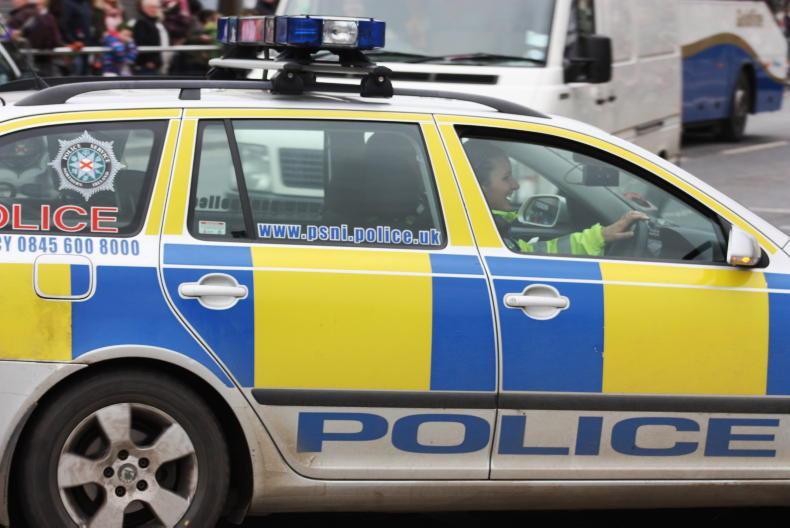
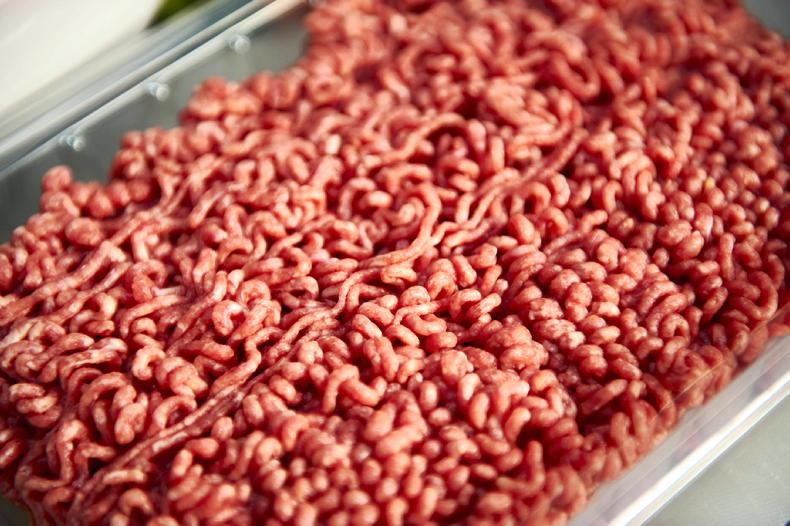

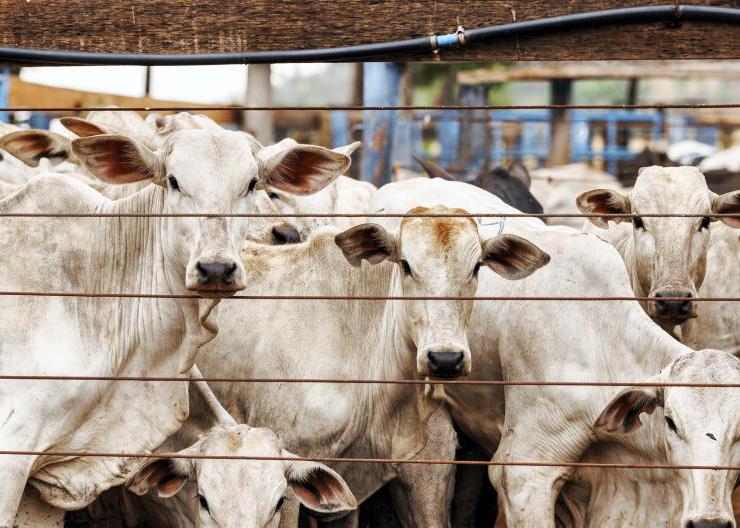
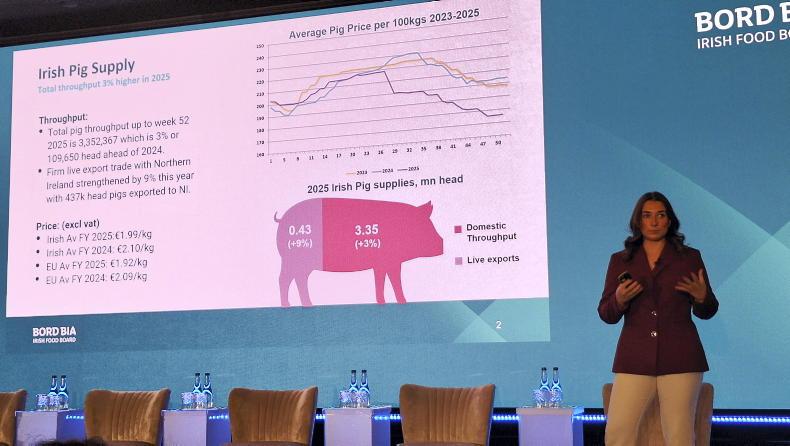
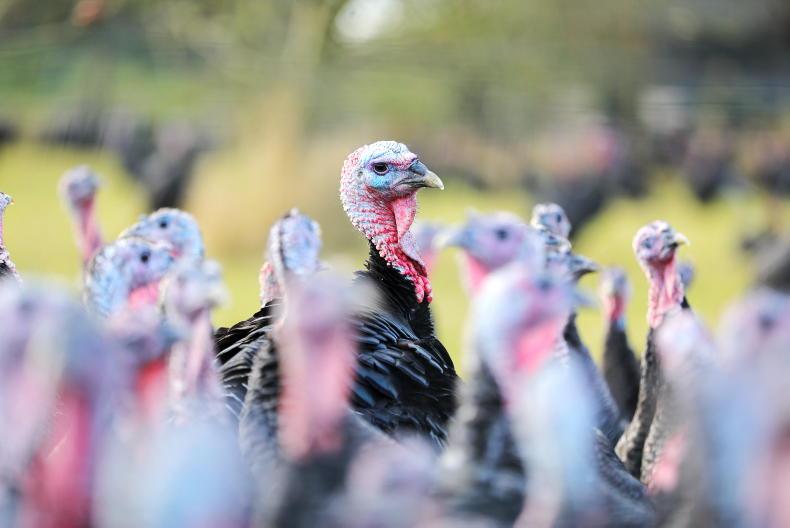
SHARING OPTIONS